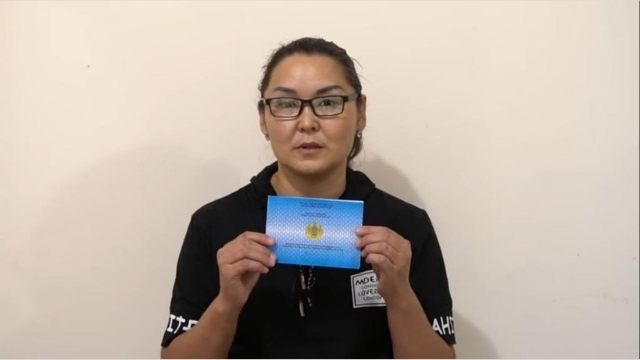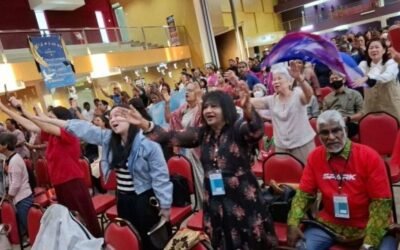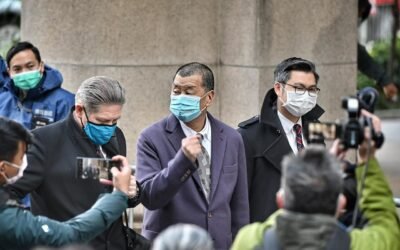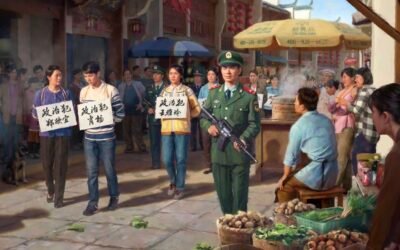The young woman escaped China to avoid being detained in a camp. She now risks to be deported back there.
by Massimo Introvigne

In the Spring of 2018, Kaisha Akhan, an ethnic Kazakh woman living in Xinjiang, was informed that she was about to be detained in one of the dreaded transformation through education camps. Before this happened, on May 7, 2018, she escaped to Kazakhstan. She crossed the border without authorization, but hoped to get refugee status in Kazakhstan.
Kaisha got a temporary asylum seeker certificate, which does not guarantee security or stability in Kazakhstan. She has not been able to work for the past two years, as the certificate is not valid for applying for any job. Also, it does not guarantee medical care, or social assistance. When she needed a surgery, she had to pay from her own meager pocket.
Kaisha is seeking full refugee status, but even the lawyer she had hired declined to represent her further. Her temporary asylum certificate will expire on November 20, 2020. She statedthat, “it is unknown at this time what will happen to me, the chances of my deportation to China are very high. Even, it is very possible that I may be kidnapped to China, so I am worried about my fate. That’s why I ask for help from international human rights organizations, the world community, and all democratic countries.”
Bitter Winter joins the Kazakh human rights organizations that have asked the Kazakh government to protect the human rights of Kaisha, and not to give back a victim to her persecutors.

Massimo Introvigne (born June 14, 1955 in Rome) is an Italian sociologist of religions. He is the founder and managing director of the Center for Studies on New Religions (CESNUR), an international network of scholars who study new religious movements. Introvigne is the author of some 70 books and more than 100 articles in the field of sociology of religion. He was the main author of the Enciclopedia delle religioni in Italia (Encyclopedia of Religions in Italy). He is a member of the editorial board for the Interdisciplinary Journal of Research on Religion and of the executive board of University of California Press’ Nova Religio. From January 5 to December 31, 2011, he has served as the “Representative on combating racism, xenophobia and discrimination, with a special focus on discrimination against Christians and members of other religions” of the Organization for Security and Co-operation in Europe (OSCE). From 2012 to 2015 he served as chairperson of the Observatory of Religious Liberty, instituted by the Italian Ministry of Foreign Affairs in order to monitor problems of religious liberty on a worldwide scale.



